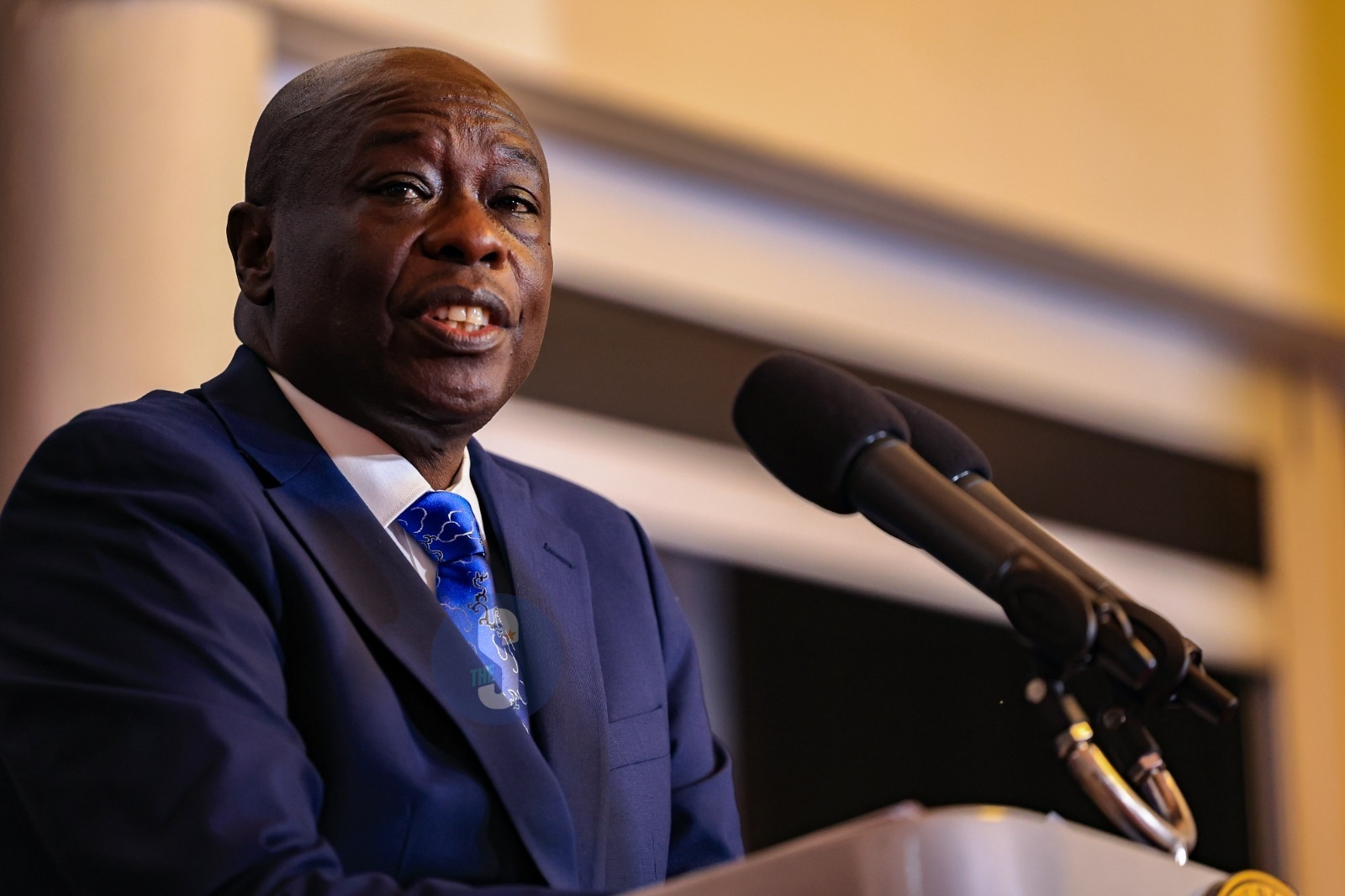The Judiciary has time and again found itself increasingly treated with contempt.
If it is not threats and acts of intimidation, then it is open defiance of court orders.
This month, Deputy Police IG Gilbert Masengeli became the highest-ranking officer in government to be sentenced to serve a six-month jail term for contempt of court.
He was on September 9 found guilty of contempt of court and subsequently sent to jail after being handed several chances to redeem himself.
It started with an application to have three missing Kenyans produced in court, but it snowballed out of control to an extent where the judge who was handling the case had his security disarmed and withdrawn.
The officers were withdrawn just a day after Justice Lawrence Mugambi sentenced Masengeli to jail.
CJ Koome's statement
The situation worsened when Chief Justice Martha Koome called out the national police service for withdrawing Mugambi's security.
"This deliberate and punitive measure represents a direct assault on judicial independence, an affront to the rule of law, and a violation of the principles enshrined in our Constitution," Koome said.
She reminded all that judicial independence is not a privilege for judges but a cornerstone of justice for all citizens.
Judges, she said, must be free to make decisions based solely on the law, without fear of retribution or interference.
"Any encroachment on this independence puts our society at risk of descending into lawlessness, where might supersede rights and justice is subverted by intimidation," she said.
Past case of contempt of court
As the independence of the Judiciary appears to be under siege, it must be remembered that it is a right fiercely protected by those willing to stand against tyranny.
Masengeli's conduct towards the courts brought back memories of how senior government officials have treated the court with contempt.
Firm Judiciary
The judiciary has, however, remained firm and assured Kenyans that they will continue to stand for what is right even in the face of intimidation and attacks from the state.
"We reassure Kenyans that the Judiciary will continue to stand firm in protecting human rights, liberties, and the rule of law," Koome said in a press briefing.
Article 160 of the Constitution unequivocally protects judicial independence, stating that the Judiciary is subject only to the Constitution and the law, and shall not be subject to the control or direction of any person or authority.
However, on Friday, Masengeli presented himself in court where he was given a chance to defend himself.
Later in the day, High Court Judge Lawrence Mugambi set aside both the conviction and six-month jail sentence imposed on Deputy Police IG Gilbert Masengeli.
Justice Lawrence Mugambi said he was convinced that Masengeli regrets his actions after the apology he tendered to court to purge the contempt.
He said the intention of the court was not to punish Masengeli but to ensure that the sentence restores dignity to the court.
"In my observation, his apology appeared genuine. He was calm and polite. His conduct has restored the dignity of the court and administration of justice," Mugambi said.
To exonerate himself, Masengeli gave an account on oath on why he couldn't appear in court the seven times he had been summoned.
He said he was torn between issues of delicate national security and his obligation to attend court.
But what impressed the court was his genuine apology, in which he stated "I respect you and all your courts for the good work you do to uphold the rule of law. As a police officer, it is my duty to enforce court orders and ensure they are obeyed. I am deeply sorry."













